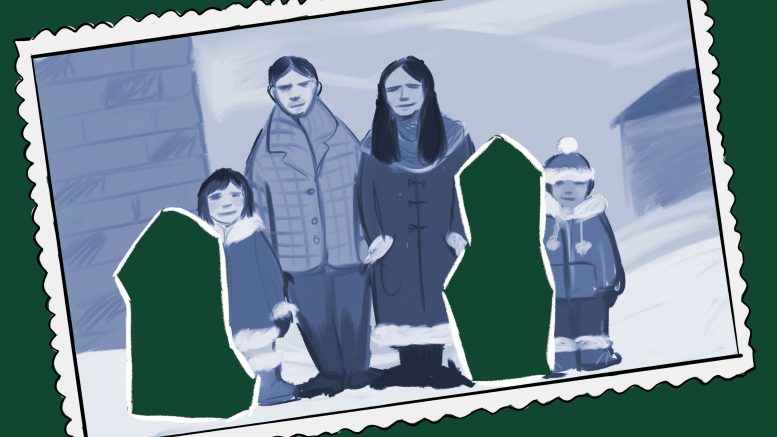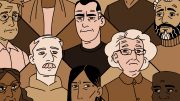The federal government revealed details last week of two agreements-in-principle, worth $40 billion, negotiated with Indigenous organizations and class-action lawyers to compensate those affected by the underfunding of child welfare on reserves and in the Yukon.
The agreements commit to spending $20 billion compensating families harmed over the past three decades and another $20 billion over five years on reform, making this the largest settlement in Canadian history.
Mary Burton, executive director of Fearless R2W, an Indigenous family advocacy organization, said the settlement is “a good start” but not a “be-all-end-all.”
“I was very happy to hear that they are going to be putting some money into preventative services, such as housing […] and I was really pleased to hear them say that poverty is not a reason for apprehension,” Burton said.
“[The majority] of the people who live on-reserve are living in poverty.”
The case began in 2007 when the Assembly of First Nations (AFN) and Cindy Blackstock, executive director of the First Nations Child and Family Caring Society, filed a human rights complaint alleging racial discrimination in the funding formula used by the Department of Indian Affairs and Northern Development — since dissolved and replaced in part by the Department of Crown-Indigenous Relations and Northern Affairs — for First Nations child welfare.
In 2016, the Canadian Human Rights Tribunal ruled every Indigenous child unnecessarily taken from their home should be paid $40,000, with some being entitled to more depending on their circumstances.
The government was also accused of failing to implement Jordan’s Principle, a law passed by the House of Commons in 2007. This principle is intended to guarantee that jurisdictional disputes between federal and provincial governments over funding obligations do not interfere with First Nations children’s access to essential health care.
Critics say the government’s underfunding of child welfare pushed First Nations children into foster care.
Burton alleges the child welfare system is not broken but is “working exactly the way the government wants it to work” and needs to be “overhauled.”
“Residential schools, Indian day school, ‘60s Scoop, Millennial scoop, child welfare, they’re all chapters of the same book and that book is called cultural genocide,” she said.
In Manitoba, over 90 per cent of children in the child-care system are Indigenous.
Compensation will be offered to First Nations children on-reserve and in the Yukon who were put into foster care from April 1, 1991 to March 31, 2022. AFN estimates that compensation could be available for over 200,000 children and youth.
The agreement must be finalized by March 31.





